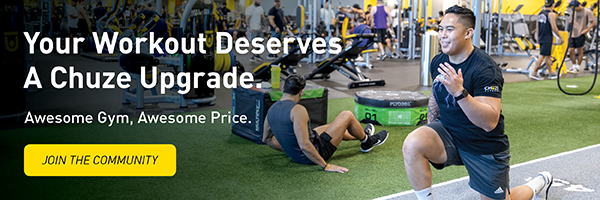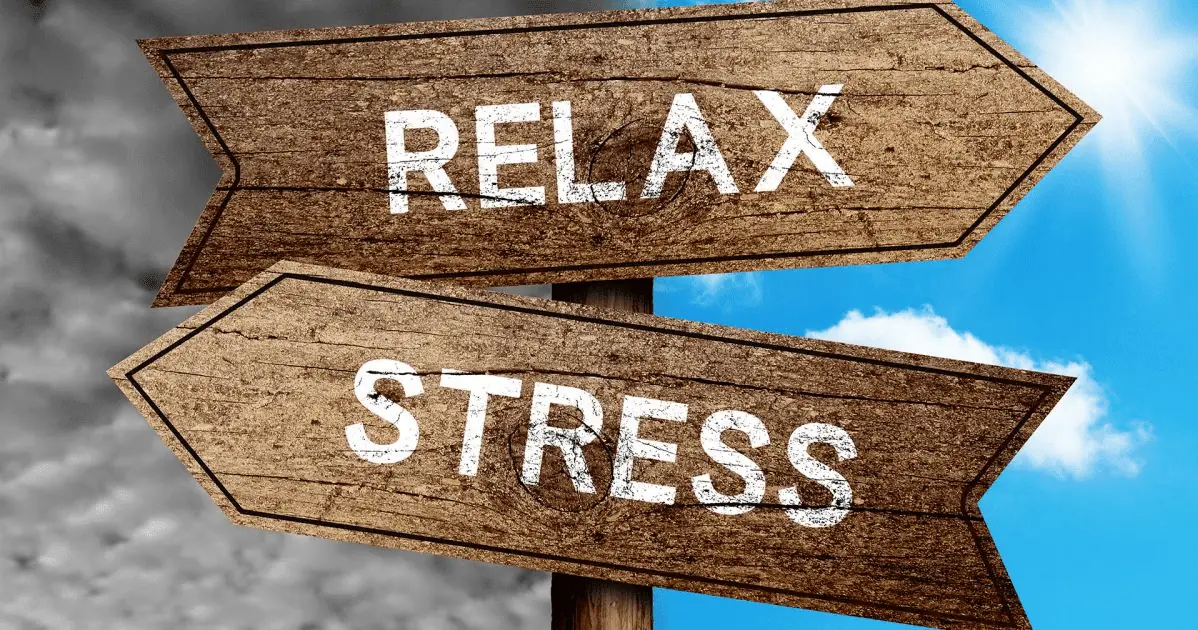Exercise and Mental Health: A Guide
Exercise and physical activity has long been recognized as key contributors to physical health, but their effects on mental health are just as important. Exercise plays a role in managing stress and improving mood. Read on to learn how physical exercise can benefit your mental health and well-being.
How Exercise Affects the Brain: The Science Behind the Connection
Exercise is known to have a range of physical health benefits, but did you know that it can also have significant effects on your mental health?
Studies have shown that regular exercise can reduce stress and anxiety, improve your mood, and even lead to improved cognitive functioning. So, how does exercise improve mental health?
The science behind the connection is complex and still being studied, but there are some key factors that help explain the effects.
The release of hormones such as endorphins, serotonin, and dopamine is key to understanding the relationship between exercise and mental health. Endorphins, often referred to as the “feel-good” hormone, are released during physical exercise and help to relieve stress, reduce pain, and give a sense of euphoria. Serotonin is a neurotransmitter responsible for regulating many cognitive processes, including sleep and mood. Regular exercise can help increase the production of serotonin in the brain, leading to improved mood and better sleep quality. Lastly, dopamine is a neurotransmitter associated with reward-seeking behavior; exercise has been shown to increase dopamine levels in the brain, giving us a feeling of satisfaction and accomplishment.
These hormones play a critical role in how exercise helps mental health; by releasing endorphins, serotonin, and dopamine during exercise, we experience a range of positive mental health benefits that extend past the duration of the workout. Exercise can also increase oxygen flow to the brain, leading to improved concentration and cognitive functioning. Additionally, it helps to reduce stress hormones like cortisol which can lead to decreased stress levels and improved mental well-being.
The answer to “does exercise improve mental health?”, is a resounding yes. Not only can moderate exercise help to improve our mood and reduce stress levels, but it can also lead to increased cognitive functioning and improved overall mental health. Incorporating regular exercise into your daily routine is an easy way to promote your mental well-being.
Benefits of Exercise for Mental Health
Physical activity has long been suggested for physical health and wellness. However, exercise is also important for an individual’s mental health. It can help to improve overall well-being and reduce symptoms of depression, anxiety, and stress. Exercise also has the potential to improve mood, self-esteem, sleep, and concentration. But how does exercise improve mental health?
Physical activity helps to boost endorphins, the hormones that make us feel good. When it comes to mental health, exercise can help to reduce stress and anxiety. Physical activity can reduce cortisol levels, which in turn helps to decrease stress. Exercise can also be a form of distraction from troubling thoughts or stressful situations, allowing us to refocus our energy on something positive. Additionally, exercise can be an outlet for frustration or anger that may otherwise manifest itself in negative ways. Incorporating physical activity into daily life is a great way to start building healthier habits that can benefit us long-term.
Types of Exercises for Mental Wellness
From running to weightlifting, stretching to yoga, there are a variety of activities that can help improve your mood and reduce stress levels.
- Cardiovascular activities: cardiovascular exercises, such as running or biking, can help you burn off stress and anxiety, as well as boost endorphin levels.
- Strength training: Strength training, such as lifting weights, cluster sets, drop sets, or doing bodyweight exercises, can help increase serotonin levels and reduce symptoms of depression.
- Yoga and meditation: Yoga is a great way to reduce stress levels and practice mindfulness, while stretching can help improve circulation and ease muscle tension.
No matter what kind of exercise you choose, it’s important to find something that works for you. Regular exercise can help you manage stress levels and feel better mentally, so find an activity that you enjoy and make it part of your daily routine.
Incorporating Exercise into Daily Life
Physical activity and moderate exercise are important parts of a healthy lifestyle. Regular physical activity has been shown to reduce stress, increase endorphins, and promote relaxation. Exercise can also help combat symptoms of depression and anxiety, improve overall mood, and enhance cognitive functioning.
When it comes to incorporating exercise into daily life, the most important thing to keep in mind is that any physical activity is better than nothing. This can be as simple as going for a short walk or jog, playing with your dog in the park, or taking a yoga class. Aim for at least 30 minutes of moderate physical activity per day, but even 10-15 minutes of exercise can have positive effects.
Exercise and Social Connection: How Physical Activity Fosters Positive Relationships
Exercise is not only beneficial for physical health, but it can also have a tremendous impact on mental health. As stated early, research has shown that regular physical activity has a positive effect on cognitive function, mood, and mental well-being…but it can also foster social connections and interactions.
Physical activity provides an opportunity for people to socialize with peers and form meaningful relationships. When we are socially connected to other people, our sense of self-worth increases, which can help alleviate depression and anxiety. Working out with a partner or fitness community also gives us something to look forward to, fitness accountability, and the support and encouragement of friends or family can be very beneficial in keeping us motivated.
Being active with friends or family can also provide a distraction from worrying thoughts and bring us into the present moment. It helps us break out of negative thought patterns and encourages self-care.
Furthermore, exercise encourages collaboration and competition, which can be beneficial for mental health. Working together with a team to reach a goal gives us a sense of purpose and accomplishment, while competing against others helps to develop a healthy sense of self-confidence.
In summary, moderate physical activity does more than just improve physical health; it is an effective way to create social connections and improve mental health. Exercise boosts self-confidence, releases endorphins, provides a distraction from negative thoughts, and encourages collaboration and competition. Regular physical activity can make a significant difference in how we feel, both mentally and physically.
Exercise with Chuze
Making physical activity a priority will benefit not only your physical and mental health but also your overall well-being. Whether you’re just starting out as a way to improve mental wellness or looking to take your workout to the next level, Chuze fitness has something for everyone. We offer a variety of IChuze classes and activities designed to help you get the most out of your workout. Whether you’re looking to build strength and endurance, de-stress after a long day, or just have fun while getting fit, our fitness classes are designed to keep you motivated and give you the tools you need to reach your fitness goals. Find a gym near you and experience the benefits of exercise for yourself!
 Reviewed By:
Reviewed By:
Ani is the Vice President of Fitness at Chuze Fitness and oversees the group fitness and team training departments. She’s had a 25+ year career in club management, personal training, group exercise and instructor training. Ani lives with her husband and son in San Diego, CA and loves hot yoga, snowboarding and all things wellness.
Sources:
- Health. “Exercise and Mental Health.” Vic.gov.au, 2017, www.betterhealth.vic.gov.au/health/healthyliving/exercise-and-mental-health.
- Preiato, Daniel. “Exercise and the Brain: The Mental Health Benefits of Exercise.” Healthline, Healthline Media, 31 Jan. 2022, www.healthline.com/health/depression/exercise#The-bottom-line.
- Sharma, Ashish. “Exercise for Mental Health.” The Primary Care Companion for CNS Disorders, vol. 8, no. 2, Apr. 2006, https://doi.org/10.4088/pcc.v08n0208a
- “Evidence Synthesized: Exercise Promotes Mental Health.” Psychology Today, 2023, www.psychologytoday.com/us/blog/evidence-based-living/202302/evidence-synthesized-exercise-promotes-mental-health#:~:text=Researchers%20combined%20thousands%20of%20studies,yielded%20greater%20improvements%20in%20symptoms.
The post Exercise and Mental Health: A Guide appeared first on Chuze Fitness.

Offered by our Wellcare World friend at
Trending Also -> Physiotherapy Terahertz Technology TeraMD
Wellcare World specializes in providing the latest advancements in wellness technology, supplementation, and lifestyle changes that improve health and increase the quality of people's lives. To learn more, visit WellcareWorld.com and begin living a better life today.
Share Us With Others







